Are you in the process of buying or selling a property? If so, then you’ll need to organise a property settlement. Given the amount of money involved can be in excess of $1,000,000, it’s vital to do your homework on the professional assistance that’s right for you.
There are a couple of options; you can choose either a conveyancer or a solicitor to complete the process. While both can assist with property settlements, each one has different roles, qualifications, and fees.
Let’s try and break down the differences for you.
What is conveyancing?
Conveyancing is the legal process of transferring property ownership from one person to another. In Western Australia, this includes preparing and lodging legal documents, conducting property title searches, ensuring compliance with local laws, and liaising with financial institutions and government bodies like Landgate – and without wishing to alarm you, at every step of the way, there’s the potential for things to go pear-shaped.
Just to confuse things, a ‘licensed settlement agent’ and a ‘conveyancer’ mean the same thing in Western Australia. To practise as a licensed settlement agent, you’ll need to hold the following:
- Be licensed under the Settlement Agents Act 1981
- Complete an approved qualification, such as the Diploma of Conveyancing
- Hold professional indemnity insurance
A conveyancer is a specialist in property settlements who can only perform services that are related to conveyancing. This includes:
- Prepare and lodge property transfer documents
- Verify your identity (VOI) and perform title searches
- Communicate with banks, brokers, and government bodies
- Calculate and arrange payment of stamp duty
- Handle settlement through platforms like PEXA
- Advise on standard contract clauses
What does a solicitor do?
A solicitor is a qualified legal practitioner
- Holds a law degree (a minimum of four years of full-time study)
- Completed practical legal training
- Is admitted to practice law in WA
- Can work in a range of areas; this includes family law, commercial law, criminal law, litigation, and conveyancing.
- Tend to charge by the hour in six-minute units
A solicitor can also provide legal advice outside of property matters, which a conveyancer cannot. This includes:
- Draft and negotiate customised contracts
- Advise on complex legal issues. This includes disputes, caveats, easements, or breaches of contract
- Assist with property held in trusts or deceased estates
- Represent you in court or mediation, if and when required.
If your transaction involves legal complexity or risk, a solicitor may be the safer option.
In the vast majority of cases involving the legal process of transferring property ownership from one person to another, conveyancers are more cost-effective for straightforward transactions.
At C & R Settlements in Mandurah, we’ve successfully completed over 80,000 property settlements – so we know the things to look out for to ensure a smooth stress-free process. (and just for the record, our fees are more than competitive).
THERE’S A TRUCKLOAD OF REASONS TO CHOOSE C & R SETTLEMENTS IN MANDURAH.
Here at C & R Settlements in Mandurah, we’re renown for our hard work, attention to detail, and going the extra mile for our clients. We’re Mandurah’s Number One independent settlement agent with over 80,000 settlements under our belt (and still going strong).
As an added bonus, when you choose C & R Settlements, you can use our free courtesy truck when it’s time to make the move. All you’ll need is a standard driver’s licence (and perhaps a few strong mates to lend a hand on moving day). Just be aware that our free courtesy truck is very popular, and bookings are essential. Just another reason to make the move to C & R Settlements in Mandurah. For details, call us on 9581 2148. Or email mandurah@crsetts.com.au

